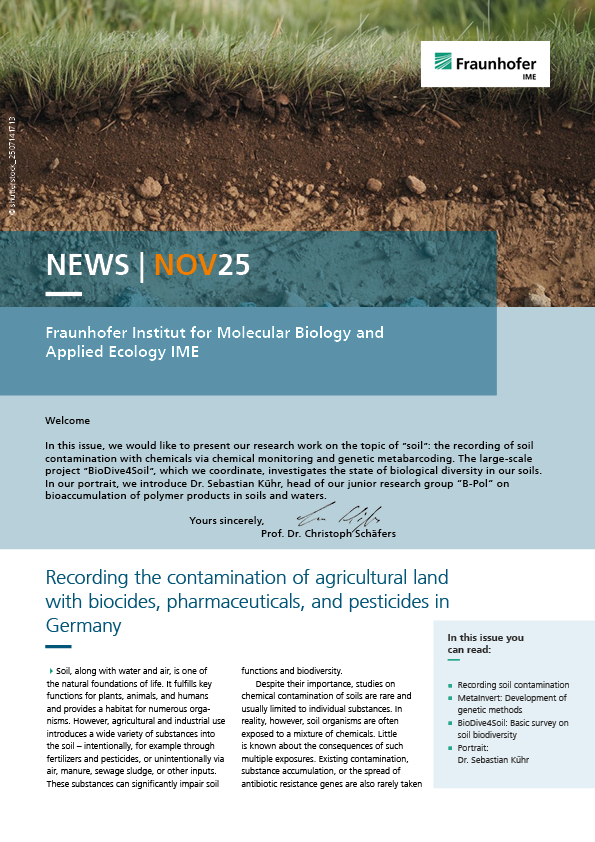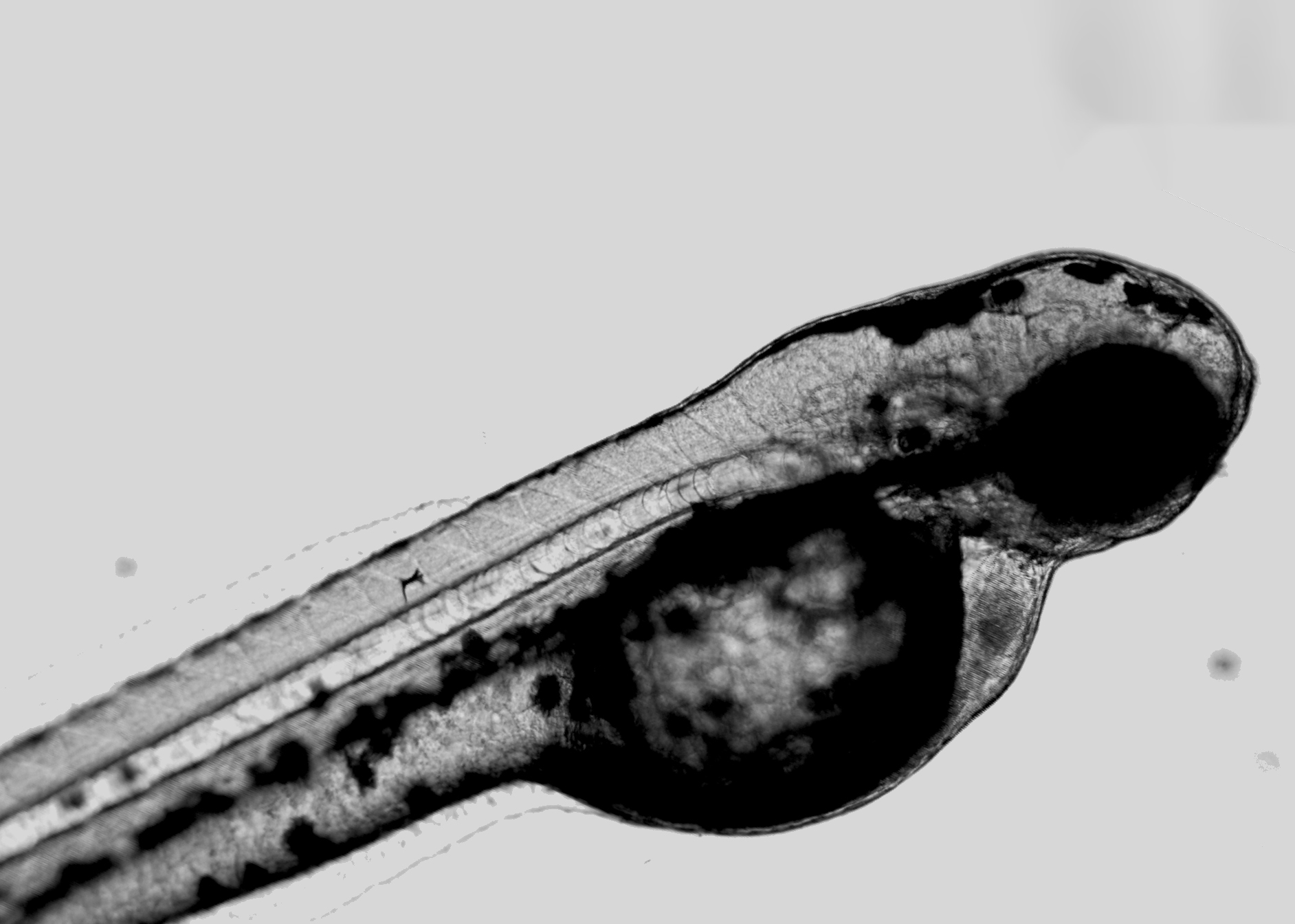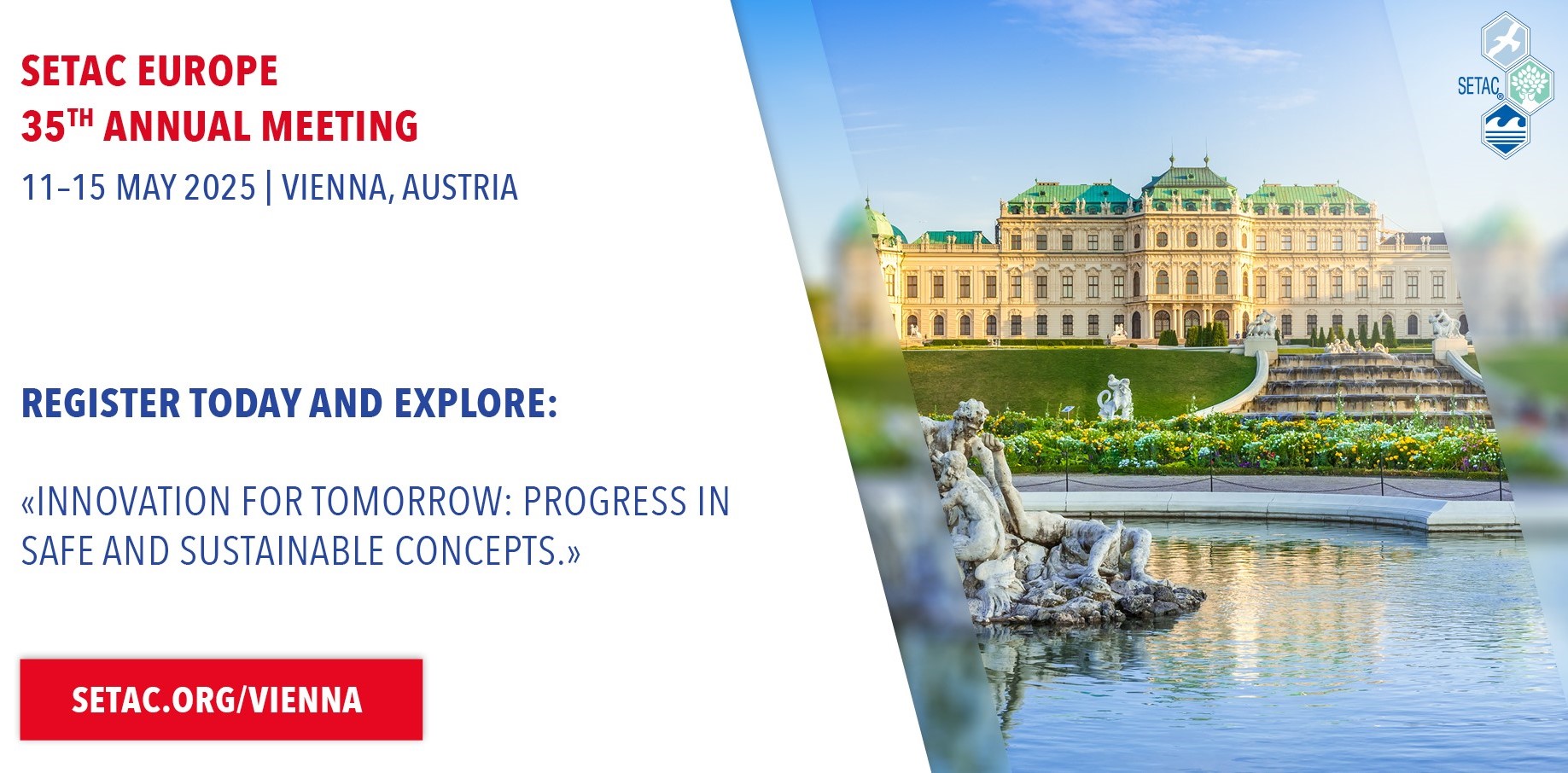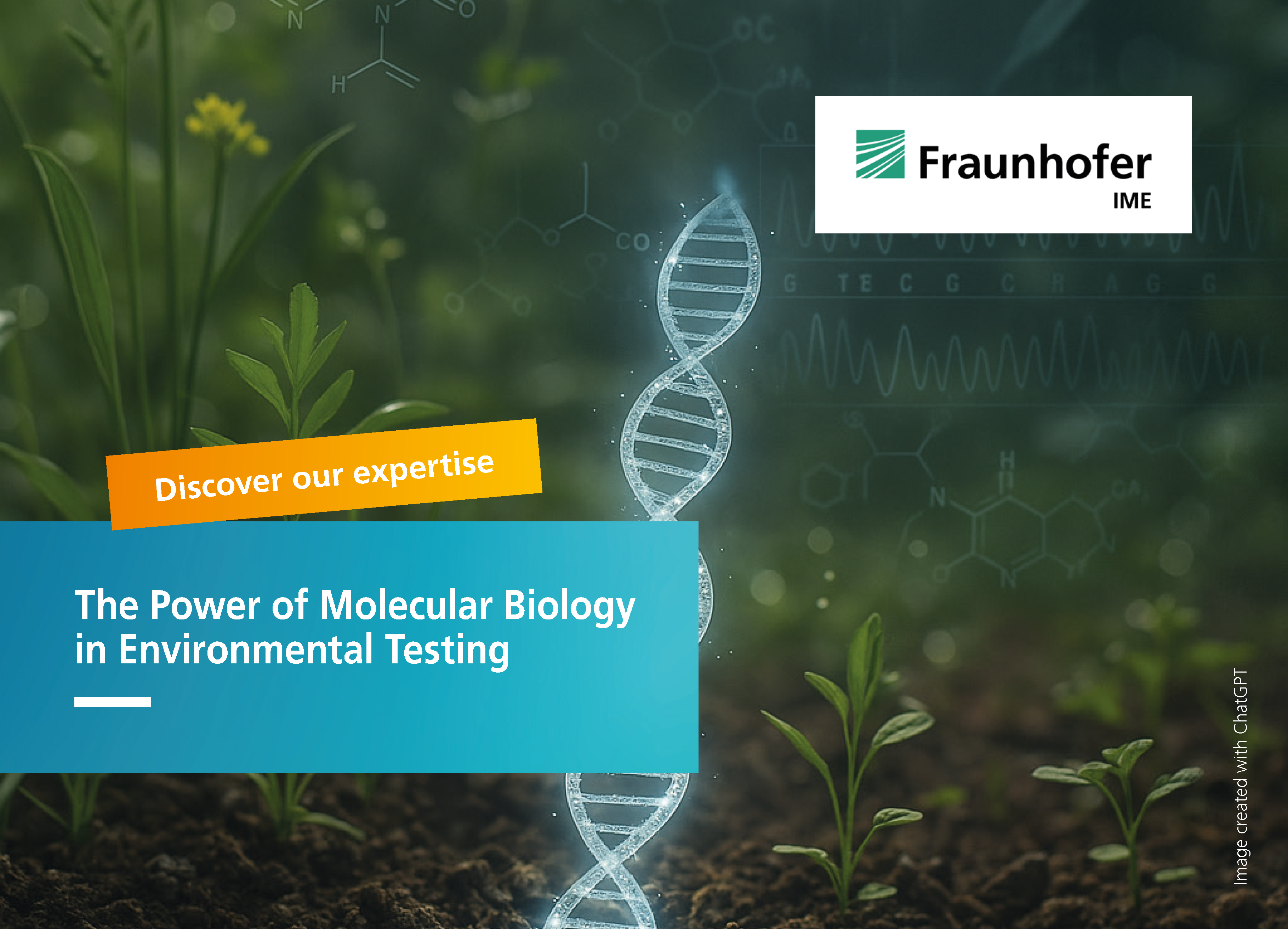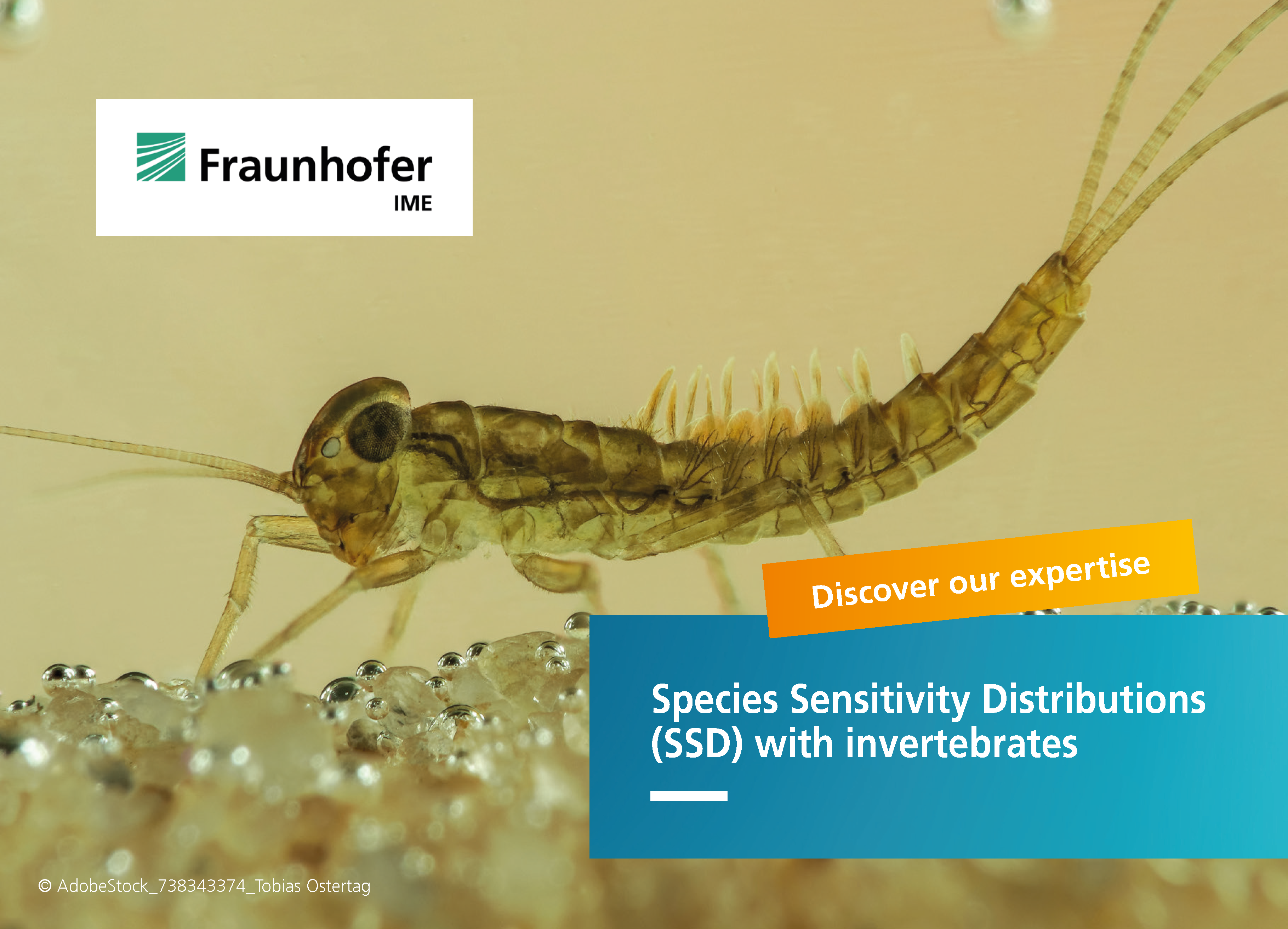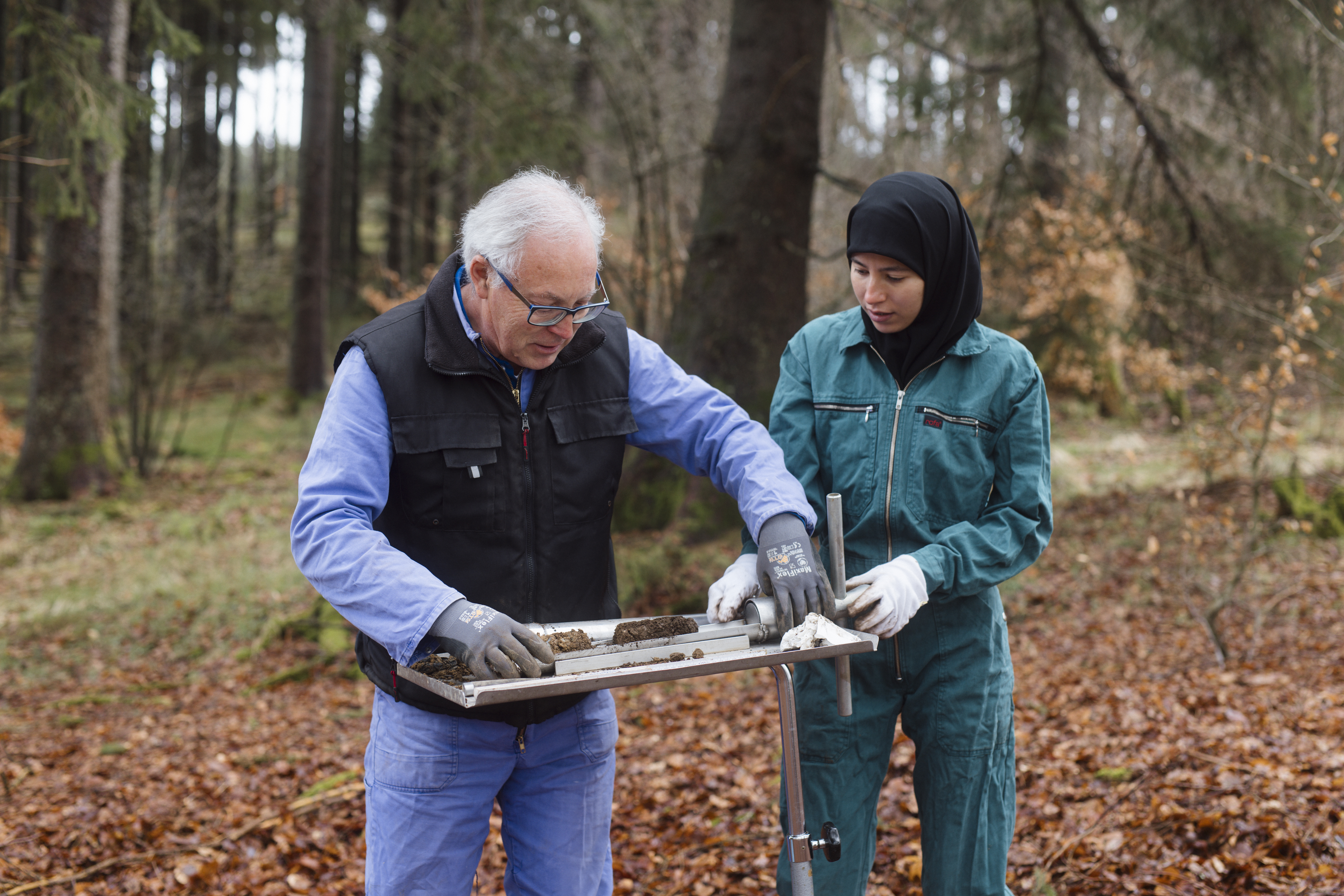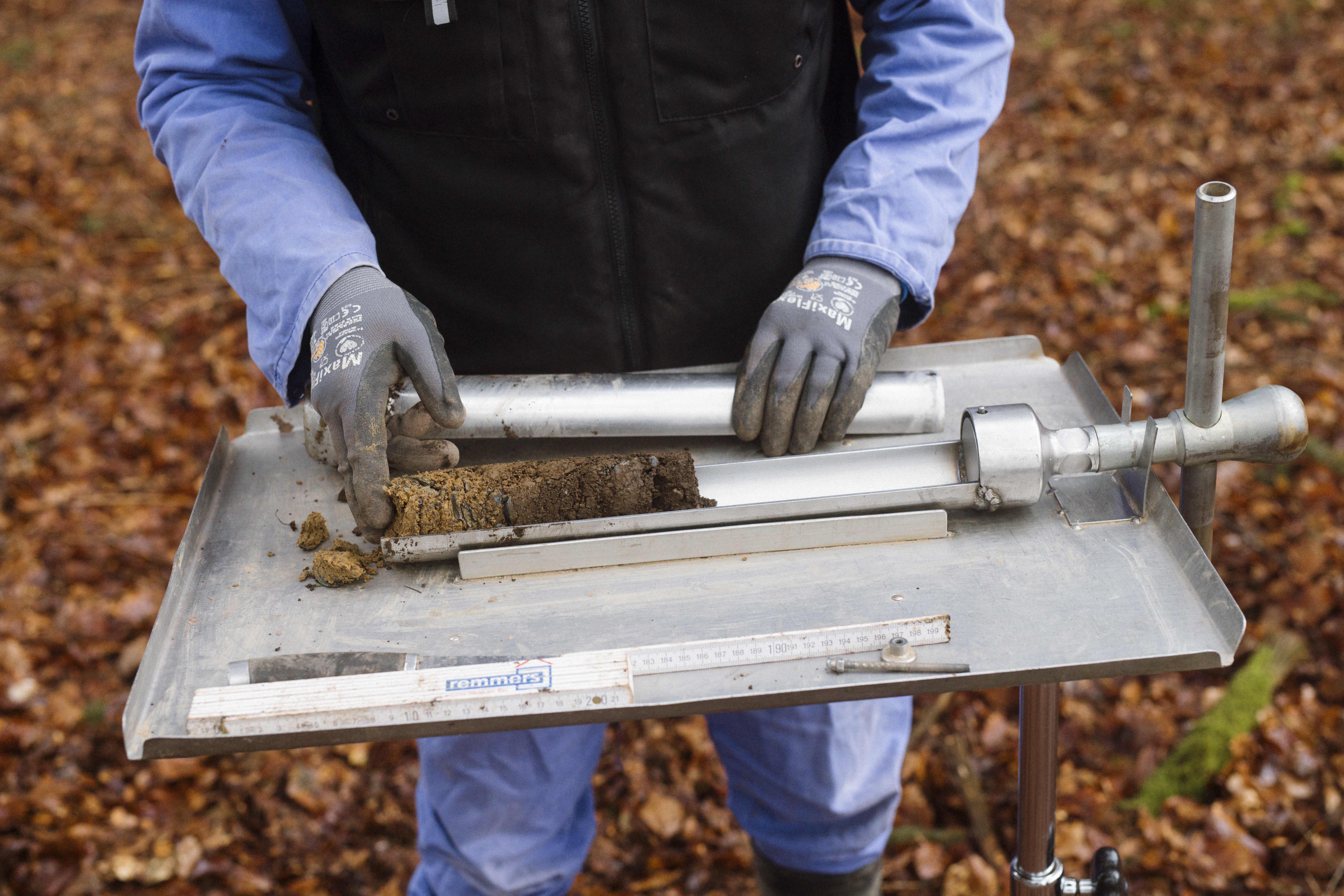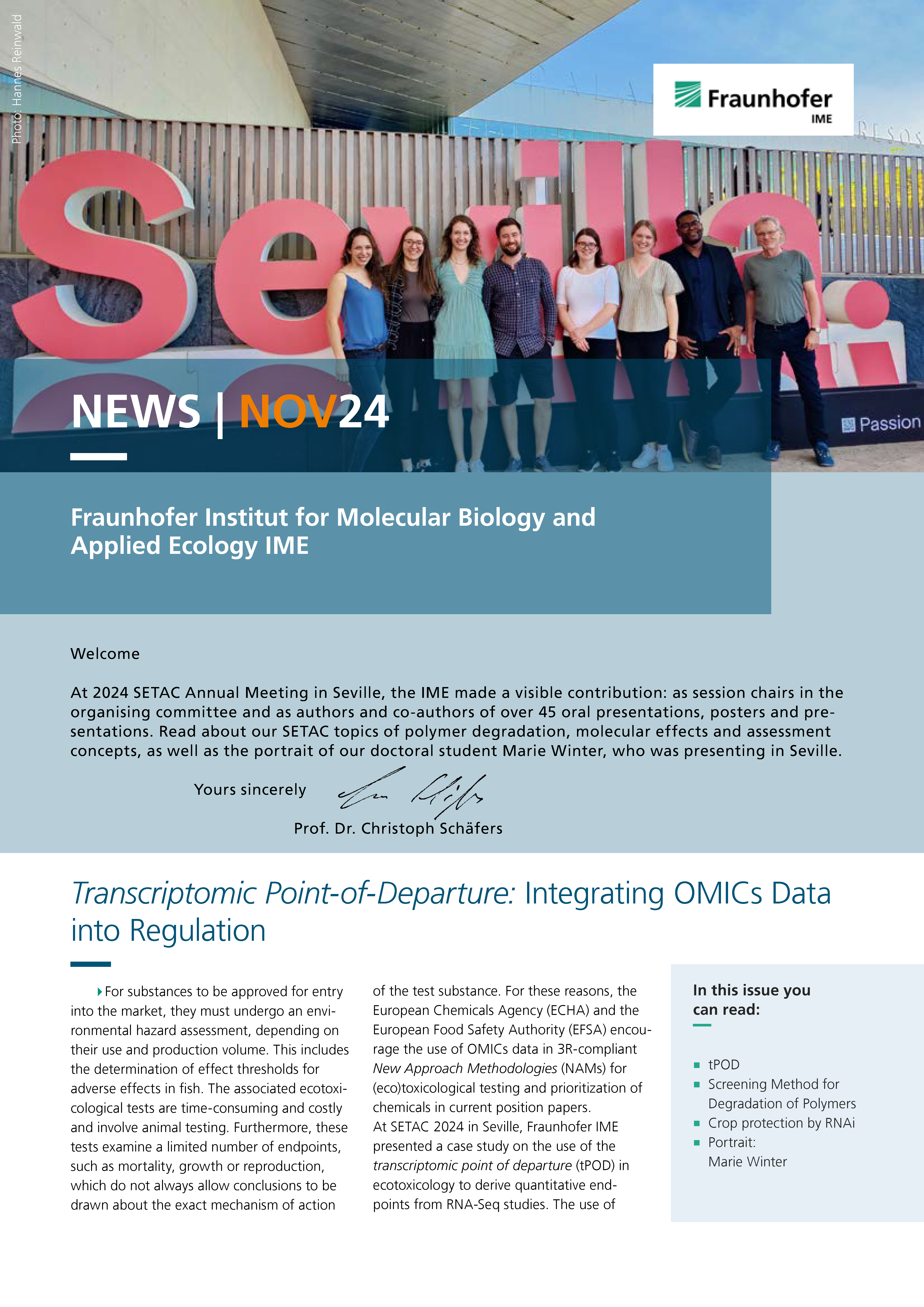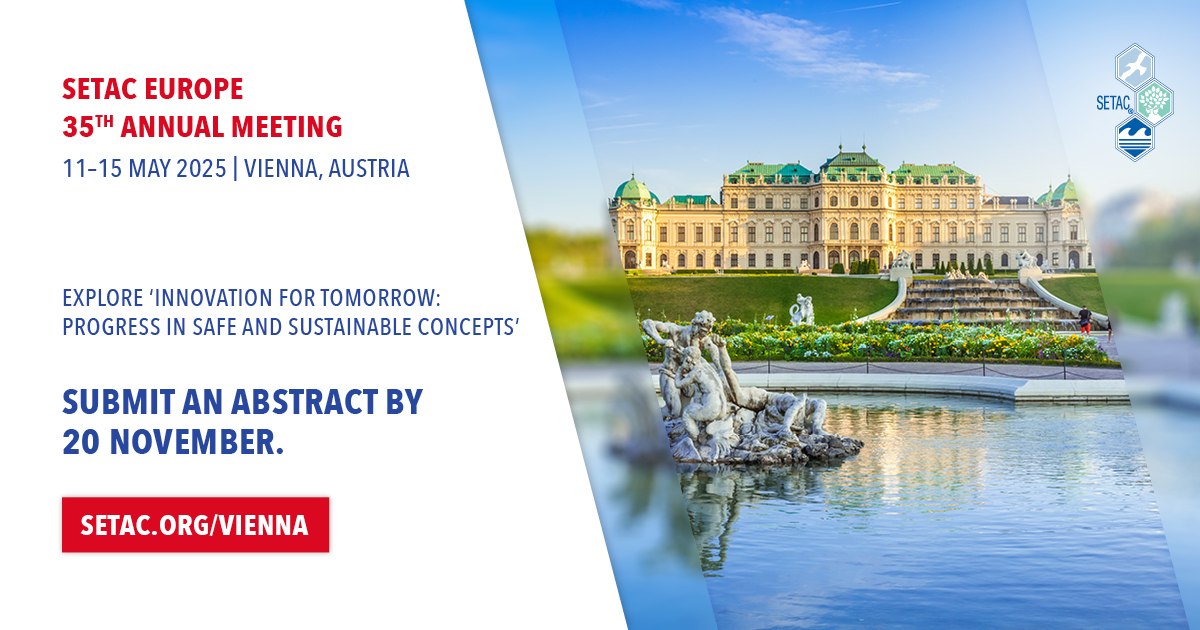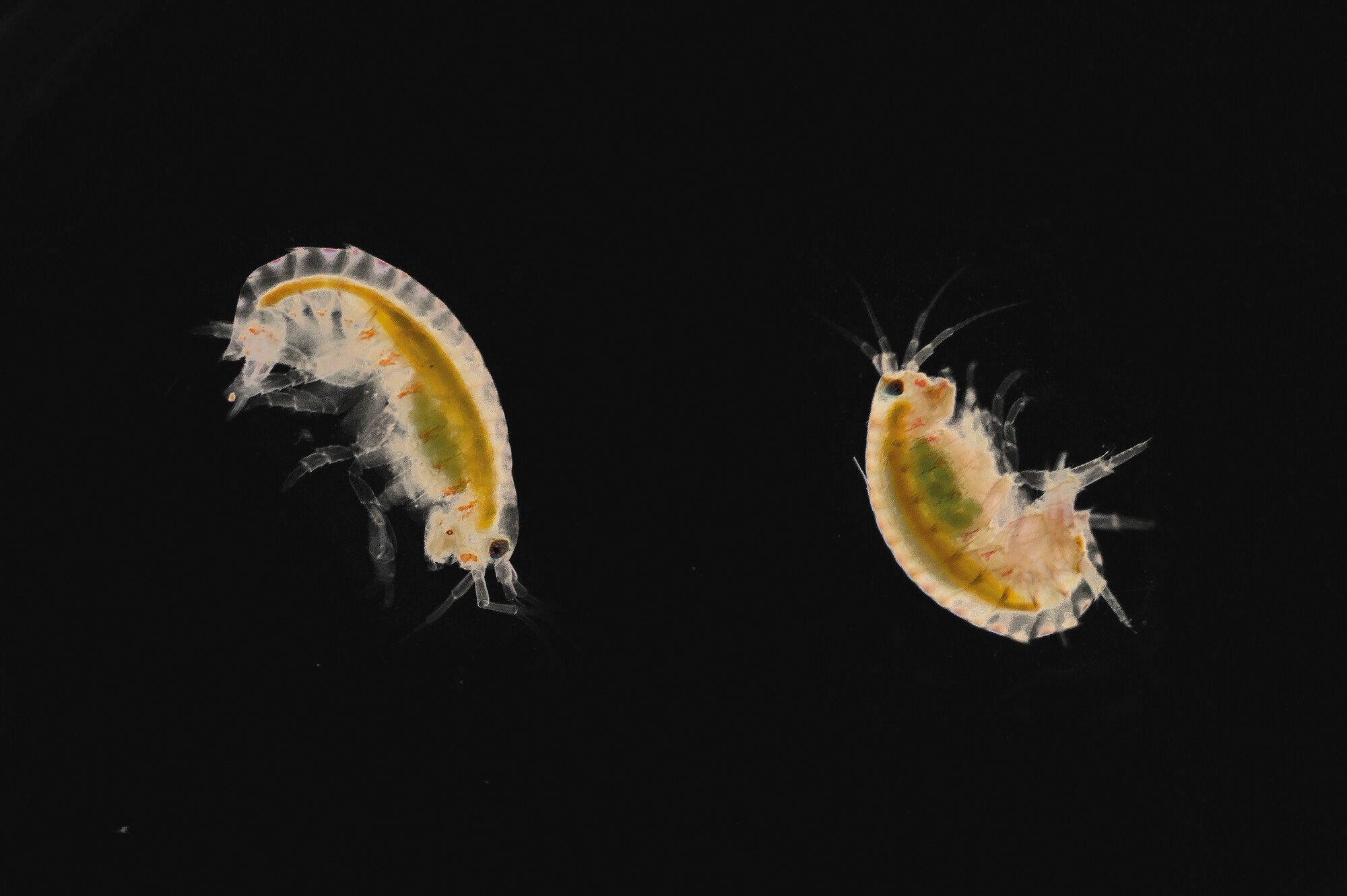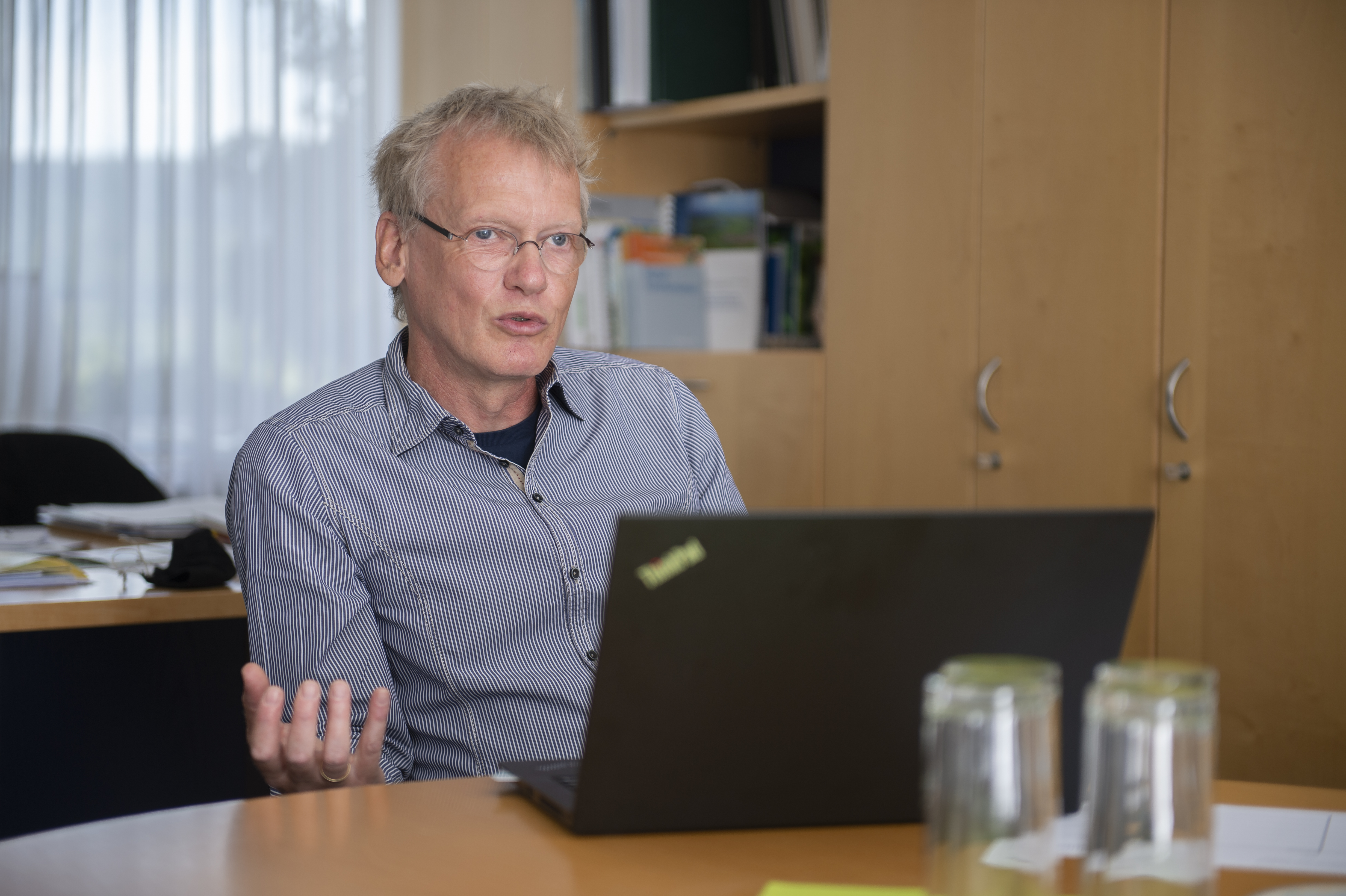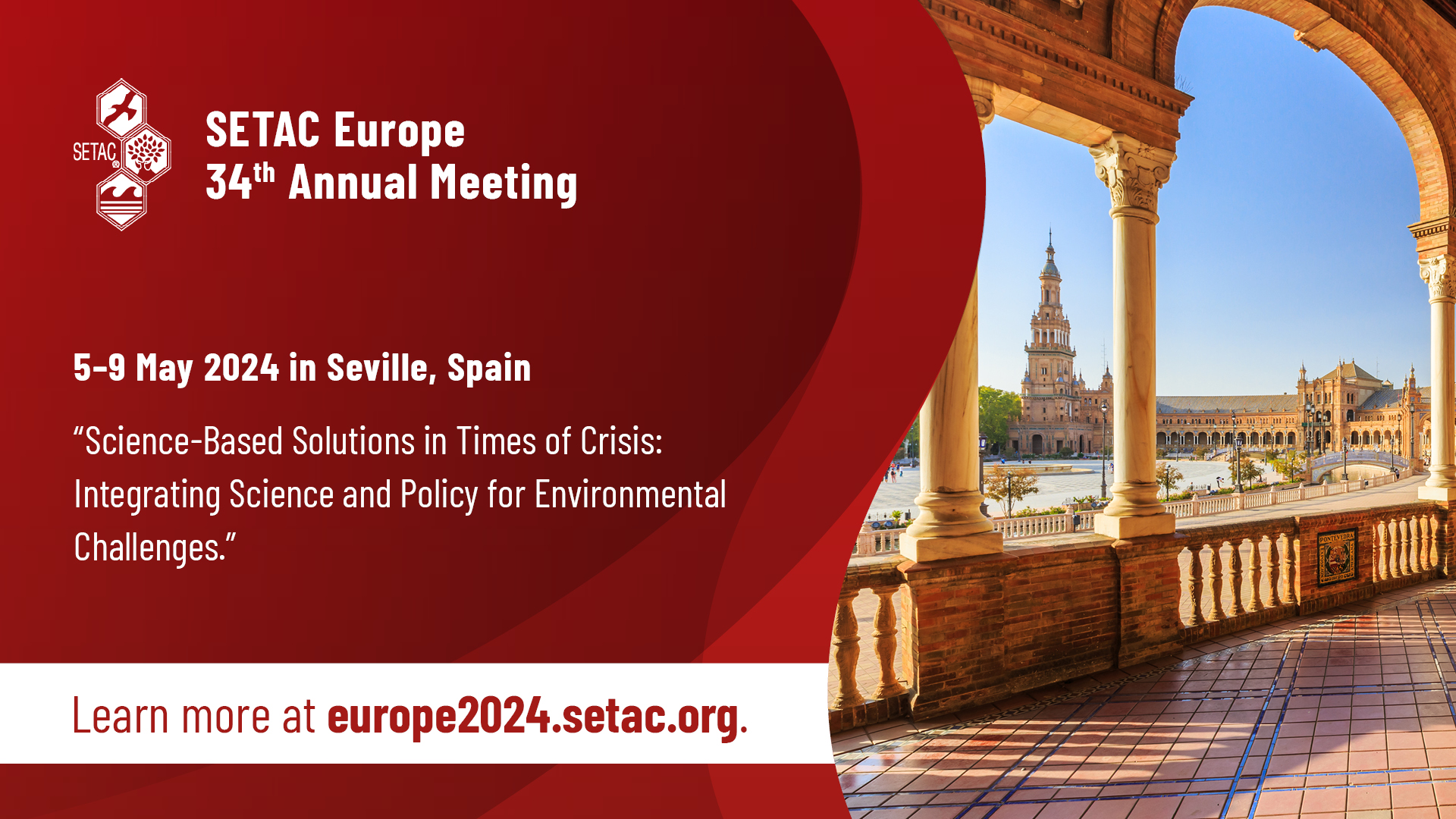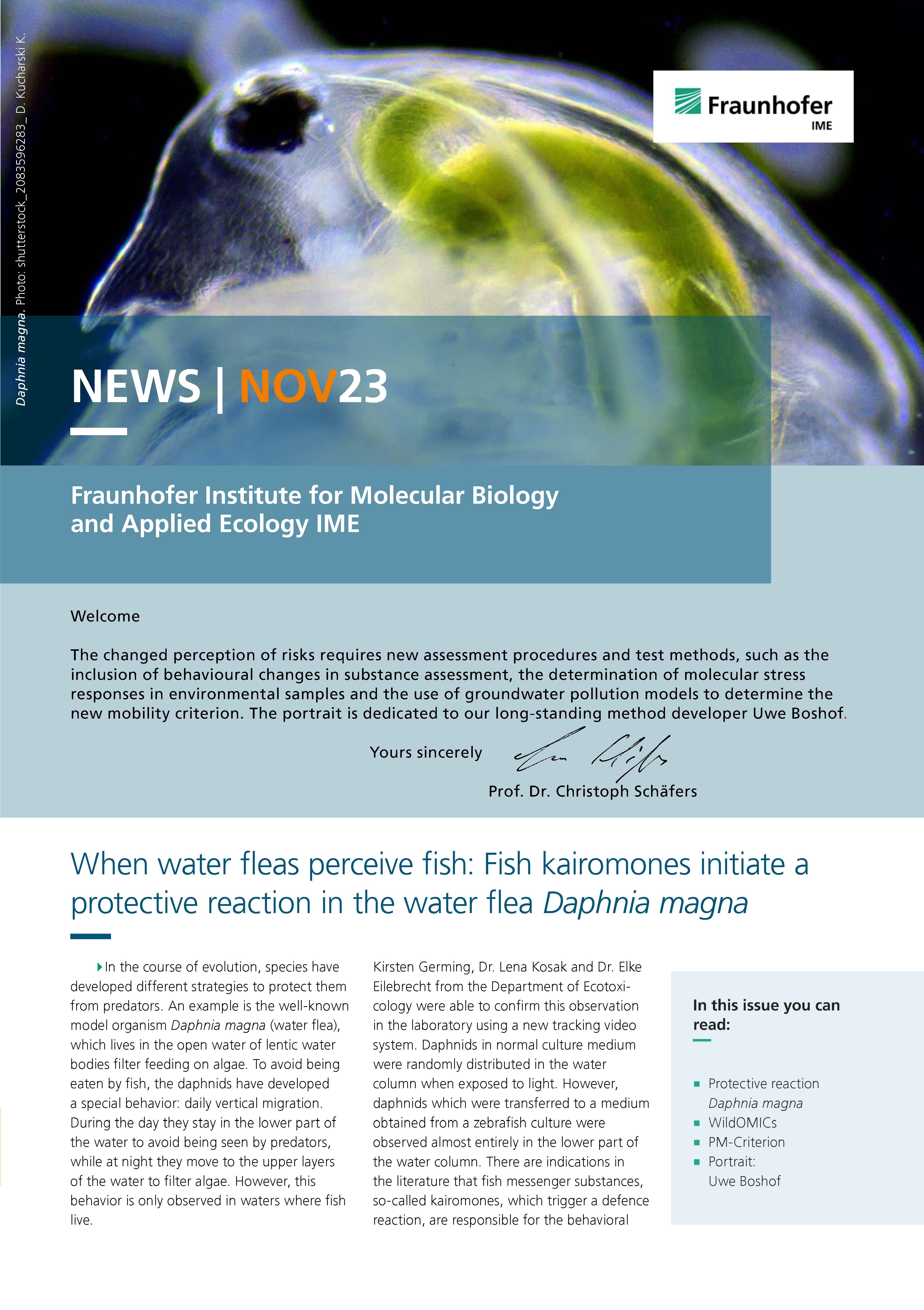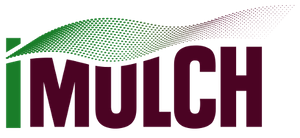Research and development for our clients
The Applied Ecology division located at Schmallenberg makes Fraunhofer IME the Fraunhofer Institute with an explicit ecological focus. Our goal is to identify and evaluate the risks of synthetic and biogenic substances for the environment and the impact on consumers, and ultimately to minimize these risks.
We test and evaluate the environmental compatibility of industrial chemicals (REACH), active substances such as pesticides, biocides, human and veterinary drugs, and products such as from nano- and recycling technology. In addition, we use our chemical analysis expertise to ensure food safety and improve food quality.
We carry out the majority of our projects as contract research for large and medium-sized commercial enterprises. However, through project work on behalf of national and european authorities, consulting activities, and membership in regulatory bodies, the institute also exerts significant influence on technical guideline development and environmental policy decisions.
Our research, development, and services are divided into four business areas: environmental risk assessment of chemicals, soil and water protection, environmental risk assessment of agrochemicals, and evaluation of food safety and consumer risk assessment. These areas allow us to address the relevant customer groups.
Our departments are structured according to core competencies and work together on projects across departments. An essential component of this is our quality assurance in accordance with GLP (Good Laboratory Practice).
 Fraunhofer Institute for Molecular Biology and Applied Ecology IME
Fraunhofer Institute for Molecular Biology and Applied Ecology IME

